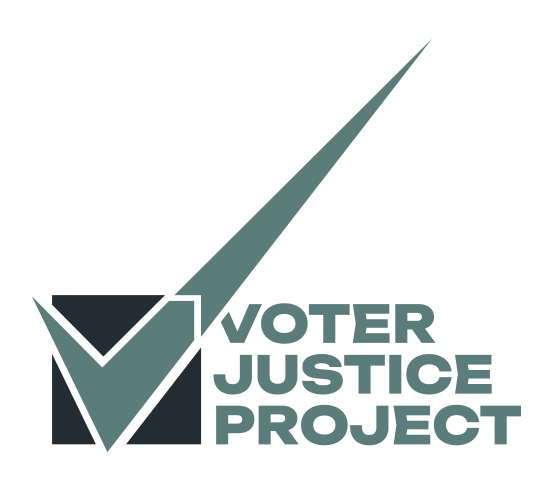According to data collected by The Sentencing Project as of November 2020 an estimated 5.17 million people are disenfranchised because of a felony conviction.1 The good news is that the number of people disenfranchised due to felony convictions has declined by 15 percent since 2016 due to states changing their laws and policies on felony disenfranchisement. Especially since the passage of Amendment 4 in Florida, under the leadership of Desmond Meade and the Florida Rights Restoration Coalition, we’ve seen increased campaign efforts on restoration of voting rights for formerly incarcerated people.
The Problem
While there has been significant momentum on restoration of rights policies across the country over the past few years, the rest of the map where opportunities for reform remain are much more difficult political landscapes. They also happen to be the places with a significant percent of people disenfranchised due to felony convictions. For example, in Alabama, Tennessee, and Mississippi more than 8 percent of the adult population are disenfranchised due to felony convictions (Uggen, et al, 2020).
While there has been significant momentum on restoration of rights policies across the country over the past few years, the rest of the map where opportunities for reform remain are much more difficult political landscapes. They also happen to be the places with a significant percent of people disenfranchised due to felony convictions. For example, in Alabama, Tennessee, and Mississippi more than 8 percent of the adult population are disenfranchised due to felony convictions (Uggen, et al, 2020).
Although the opportunities for restoration of rights campaigns are difficult they are not impossible. The Voter Justice Project recognizes that increasing the effort towards building effective campaigns that leave infrastructure and capacity behind to mobilize and engage formerly incarcerated people in the civic process is essential and requires long-term strategic planning as well as layered resources to support state efforts. The Voter Justice Project aims to build an effective national restoration of rights program that builds close partnerships with state organizations and centers the leadership of directly impacted people and organizations. We also aim to expand the franchise through rights restoration in a number of states that strengthens the capacity and power of directly impacted communities.
1 | Uggen, Chris, Ryan Larson, Sarah Shannon and Arleth Pulido-Nava. Locked Out 2020: Estimates of People Denied Voting Rights Due to a Felony Conviction. 2020 October 30. The Sentencing Project. Last Accessed: 2021 November 15.

